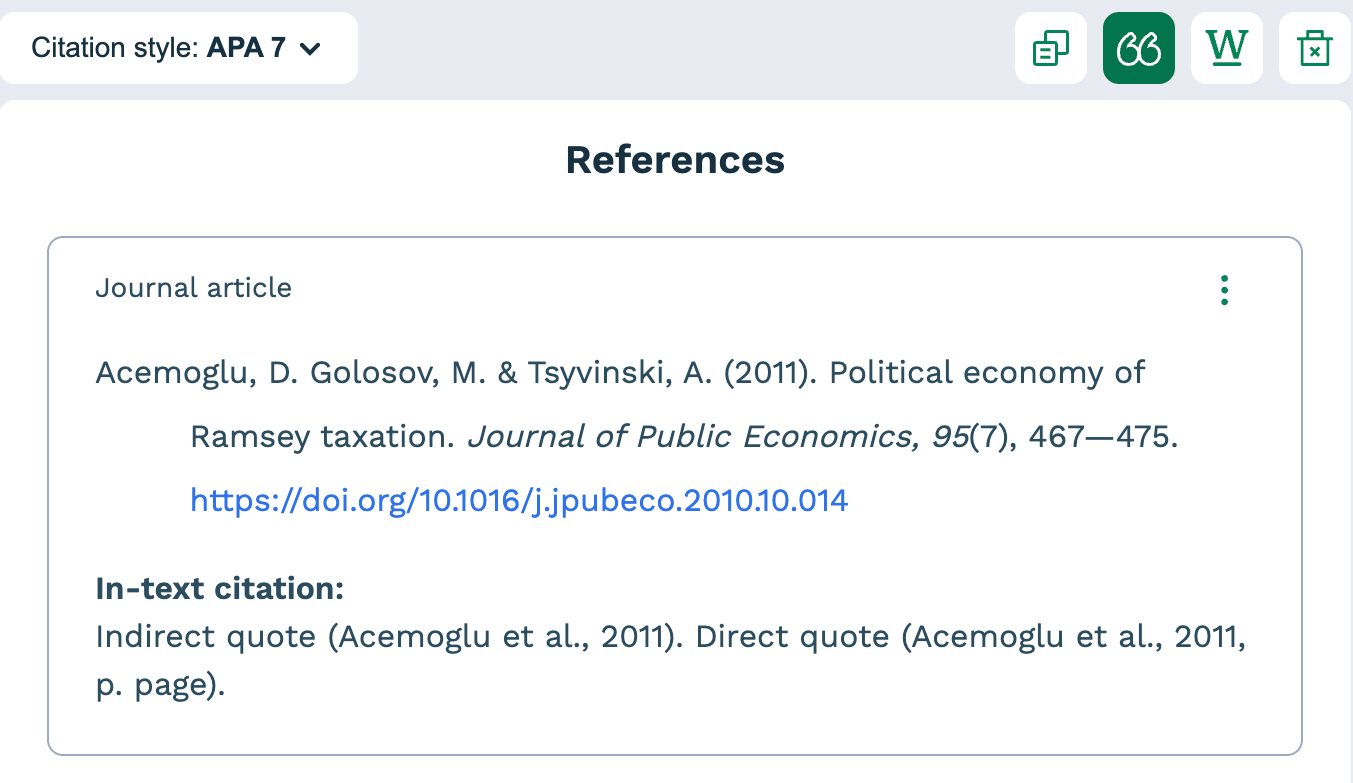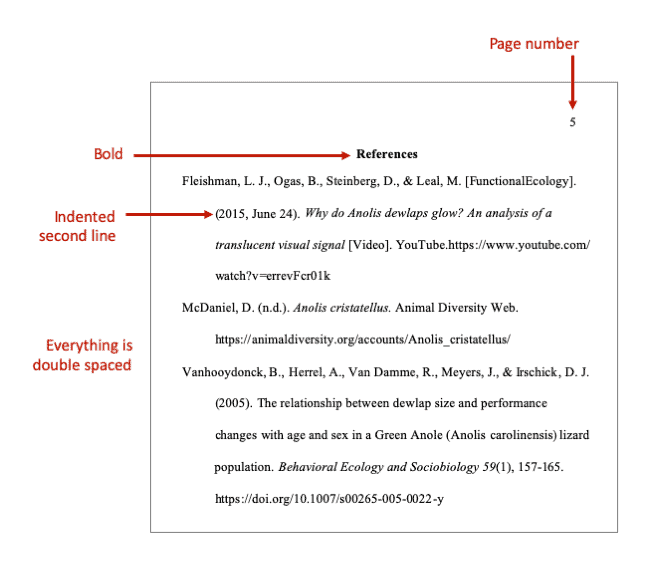How to Make APA Citation: A Step-by-Step Guide
Creating an APA citation can seem daunting. But it’s simpler than you think.
APA citation is a standard way to credit sources in academic writing. It ensures your work is credible and plagiarism-free. Understanding the basics can save you time and stress. In this guide, you’ll learn the essentials of APA citation. From formatting to the order of information, we cover it all.
Whether you’re writing a research paper or a simple essay, knowing how to cite in APA style is crucial. Let’s dive in and make the process straightforward and easy to follow.

Credit: nowbenidorm.com
Introduction To Apa Citation
The APA Style is a set of rules. It helps writers format papers and cite sources. It is used in many fields. These include psychology, education, and other social sciences. APA stands for the American Psychological Association. They created these rules to make writing clear and consistent.
APA Style helps writers avoid plagiarism. It gives credit to the original authors. It also makes papers look neat and professional. Readers can easily find and check sources. This builds trust in your work. Using APA Style shows that you care about your writing.
Students in colleges and universities often use APA format. It is common in social sciences like psychology and education. Many researchers and professors also use it. Some journals and publishers require APA format for articles. Even professionals in fields like nursing and business use it. APA format is widely accepted and used.
Basic Rules
Creating an APA citation involves the author’s name, publication year, title, and source. Ensure each element is in the correct order. Consistency is key.
General Guidelines
APA citation style is used by many students. It helps them credit sources. This style has specific rules. The author’s last name goes first. The first initial comes next. The publication year follows in parentheses. Titles of books and articles should be in italics. Journals and magazines should be in regular font. Page numbers must be included for direct quotes. Always double-check your sources. Make sure everything is accurate.
Common Mistakes
Many students forget to include the publication year. Some mix up italics and regular font. Others miss page numbers for quotes. Incorrect author names can also be a problem. Watch out for extra spaces. Each part should be separated by a period. Double-check your format. This helps avoid these mistakes.
In-text Citations
In-text citations are a key part of APA style. They help show where information comes from. The basic format includes the author’s last name and the year of publication.
For example: (Smith, 2020). If you use a direct quote, add the page number: (Smith, 2020, p. 23). Use “p.” for one page and “pp.” for multiple pages.
Here are some examples to guide you:
- One author: (Johnson, 2019)
- Two authors: (Brown & Lee, 2021)
- Three or more authors: (Clark et al., 2022)
- Corporate author: (World Health Organization, 2020)

Credit: www.citationmachine.net
Reference List Basics
The reference list must be on a new page. Title it “References” and center the title. Double-space all entries. Use a hanging indent for each reference. This means the first line of the reference is flush left, while all following lines are indented.
| Type | Format |
|---|---|
| Book | Author, A. A. (Year). Title of work. Publisher. |
| Journal Article | Author, A. A. (Year). Title of article. Title of Periodical, volume number(issue number), pages. |
| Website | Author, A. A. (Year, Month Day). Title of web page. Site Name. URL |
Citing Books
To cite books in APA, follow this format. Author’s last name, first initial. (Year). Title of the book. Publisher.
| Example | Citation |
|---|---|
| Single Author | Smith, J. (2020). The world of science. Science Press. |
| Two Authors | Brown, L., & Green, M. (2018). Learning math. Math Press. |
| Multiple Authors | Clark, T., Johnson, R., & Lewis, P. (2015). History of art. Art World. |

Credit: www.mendeley.com
Citing Journal Articles
Use the author’s last name, a comma, then their first initial. Put the year in parentheses. Write the title of the article in italics. Only the first word and proper nouns are capitalized. After the title, add the name of the journal in italics. Capitalize all major words in the journal name. Add the volume number in italics, issue number in parentheses, and page numbers.
| Example | Details |
|---|---|
| Smith, J. (2020). The art of citation. Journal of Writing, 12(3), 45-67. | Author: Smith, J. Year: 2020 Title: The art of citation Journal: Journal of Writing Volume: 12 Issue: 3 Pages: 45-67 |
| Doe, A. (2018). Learning to cite. Citation Journal, 8(2), 78-90. | Author: Doe, A. Year: 2018 Title: Learning to cite Journal: Citation Journal Volume: 8 Issue: 2 Pages: 78-90 |
Citing Online Sources
Online sources can be tricky to cite. The author’s name, the publication date, the title of the webpage, and the URL are all required. First, write the author’s last name, then initials. Next, put the date in parentheses. After that, add the title in italics. Finally, include the full URL.
Here are some examples to help:
| Example | Format |
|---|---|
| Smith, J. (2020). How to cite online sources. Retrieved from https://example.com | Author, A. (Year). Title of the page. Retrieved from URL |
| Doe, A. (2019). APA citation guide. Retrieved from https://example2.com | Author, A. (Year). Title of the page. Retrieved from URL |
Advanced Apa Citation Tips
For one or two authors, use both names in every citation. For three or more authors, use the first author’s name followed by “et al.” in every citation. For example, Smith, J. et al. (2020). This helps keep your citations clear and short. Always list all authors in the reference list.
Unusual sources can include things like podcasts, tweets, or personal interviews. For podcasts, include the host’s name, the title of the episode, the date, and the URL. For tweets, include the author’s handle, the tweet itself, the date, and the URL. Personal interviews should include the name of the person, the type of interview, and the date.
Frequently Asked Questions
What Is An Apa Citation?
An APA citation is a way to credit sources in academic writing. It follows specific guidelines.
How Do I Format An Apa In-text Citation?
Include the author’s last name and the year of publication. Example: (Smith, 2020).
How To Create An Apa Reference List?
List all sources alphabetically by author’s last name. Include publication details.
Where Can I Find Apa Citation Guidelines?
You can find detailed guidelines on the official APA website or in the APA manual.
Conclusion
Creating APA citations can seem tough at first. But with practice, it gets easier. Use clear guides and examples to help. Consistency is key in every citation. Always double-check your work. Accurate citations enhance your research credibility. Soon, you’ll cite like a pro.
Keep this guide handy. Happy citing!






